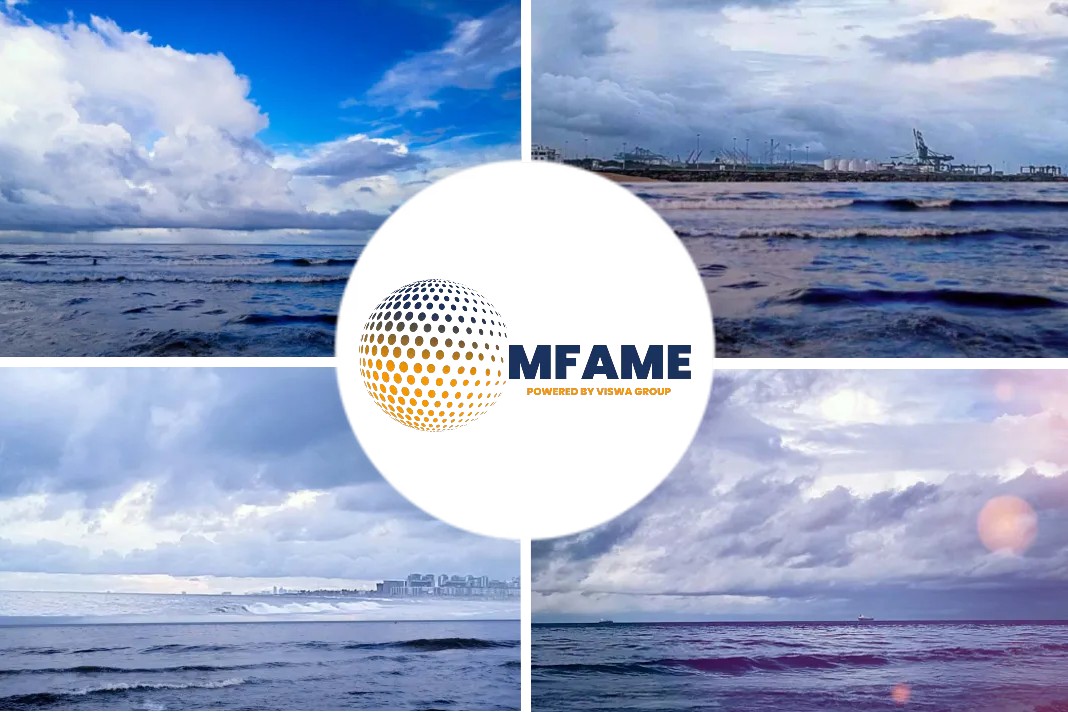The Global Maritime Forum on (Monday) May 9 said the European Union is introducing a range of policy and regulatory proposals related to the shipping industry as part of the ‘fit for 55’ package over the next few months, reports Manifold Times.
Achieving the decarbonisation goals
The package is aimed at achieving the decarbonisation goals set out in the European Green Deal.
The newly published Getting to Zero Coalition Insight Brief – How EU Contracts for Difference can support zero-emission fuels – outlines how the EU could use shipping related Emissions Trading System (ETS) revenues to fund a program of targeted Contracts for Difference (CfD) to incentivise private investment into the production and use of zero-emission shipping fuels.
According to the Insight Brief, a portion of the significant competitiveness gap that exists between fossil fuels and zero-emission bunker fuels, will be reduced by the EU expanding its Emissions Trading System (ETS) to include shipping.
Key policy instrument
“Contracts for Difference can be a key policy instrument in scaling green shipping corridors and are likely to be amongst the most effective channels to recycle EU ETS revenues for shipping,” said Aparajit Pandey, Shipping Lead at Energy Transitions Commission.
Yet, the inclusion of shipping into the EU Emission Trading System will only result in a small reduction of this gap.
Therefore, according to the Insight Brief, in addition to putting a price on emissions from fossil fuels, the EU ETS should be complemented by support mechanisms that will reinvest shipping related ETS revenues into projects that will support the production and use of zero-emission fuels, which will drive down their cost similar to what was done for renewable electricity such as wind and solar.
Green Corridor shipping routes
The insight brief concluded that a potential EU CfDs program should focus on Green Corridor shipping routes with high potential for emission reduction, combined with favourable characteristics such as cross value chain collaboration, customer demand, viable fuel pathways, and favourable policy/regulatory environments.
“For full decarbonisation of shipping to be possible by 2050, we should reach five percent scalable zero-emission fuels by 2030 to allow for rapid uptake in the following decades,” said Kasper Søgaard, Managing Director, Head of Institutional Strategy and Development at the Global Maritime Forum.
“But we won’t get to five percent without incentives that kick start investment into zero-emission fuels, so that costs come down. We’ve seen policy measures like Contracts for Difference work for solar and wind and they can have the same catalytic impact for zero-emission shipping fuels.”
Did you subscribe to our daily Newsletter?
It’s Free! Click here to Subscribe
Source: Manifold Times
















